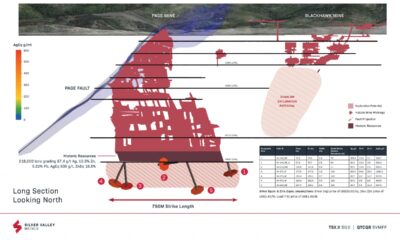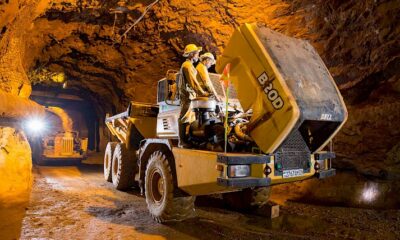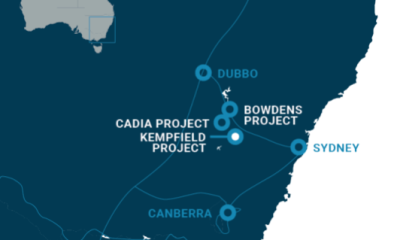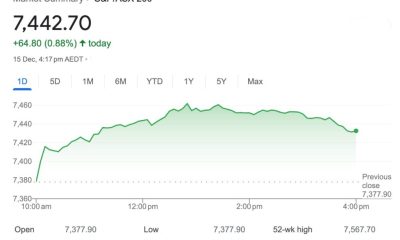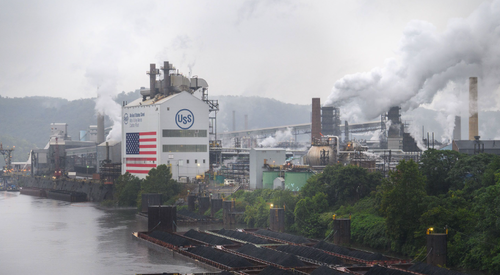Base Metals
The World’s Population Reaches 8 Billion People. Resources Have Grown More Abundant
Marian L. Tupy
According to the United Nations, the world’s population reached 8 billion people today. Not everyone is excited by the news. As one…

According to the United Nations, the world’s population reached 8 billion people today. Not everyone is excited by the news. As one source noted, “humans use as much ecological resources as if we lived on 1.75 Earths.”
In a recently released book, Superabundance: The Story of Population Growth, Innovation, and Human Flourishing on an Infinitely Bountiful Planet, we have analyzed prices of hundreds of food items, metals, minerals, finished goods, and fuels going back to 1850. We found that, contrary to expectations, resources became more abundant, not scarcer.
On average, every one percent increase in population corresponded to a one percent price decline relative to wages. That means that every one percent increase in population also corresponded to a five percent increase in personal resource abundance and a 16 percent increase in global resource abundance.
Personal resource abundance grew at a rate of 3.1 percent per year, thereby doubling every 22.6 years or so. Global resource abundance grew at a rate of 4.4 percent, thereby doubling every 16 years or so.
How is that possible?
Every new human being comes to the world not only with an empty stomach, but also a pair of hands, and, more importantly, a brain capable of intelligent thought and new knowledge creation.
In the process of economic development, human beings cause environmental damage, but the new wealth and knowledge that we create also allow us to become better stewards of the planet. That is why all environmental ranking tables are dominated by developed nations.
Doomsayers concerned about population growth are right to note that the world is constituted of a finite number of atoms – be they of copper or of zinc. But the finitude of atoms (i.e., resources) is largely irrelevant to human well‐being. What matters is our ability to create new knowledge that combines and recombines those atoms in ever more valuable ways.
For example, a humble grain of sand had first given us glass jars, then windowpanes, and, most recently, fiber optic cables. So, new knowledge is not limited by the physical limits of our planet, but by the number of people who are free to think, speak, associate, invest and profit from their ideas and inventions.
For more, please visit www.superabundance.com.

White House Prepares For “Serious Scrutiny” Of Nippon-US Steel Deal
White House Prepares For "Serious Scrutiny" Of Nippon-US Steel Deal
National Economic Adviser Lael Brainard published a statement Thursday…
How to Apply for FAFSA
Students and families will see a redesigned FAFSA this year. Here’s how to fill it out.
Dolly Varden consolidates Big Bulk copper-gold porphyry by acquiring southern-portion claims – Richard Mills
2023.12.22
Dolly Varden Silver’s (TSXV:DV, OTCQX:DOLLF) stock price shot up 16 cents for a gain of 20% Thursday, after announcing a consolidation of…


